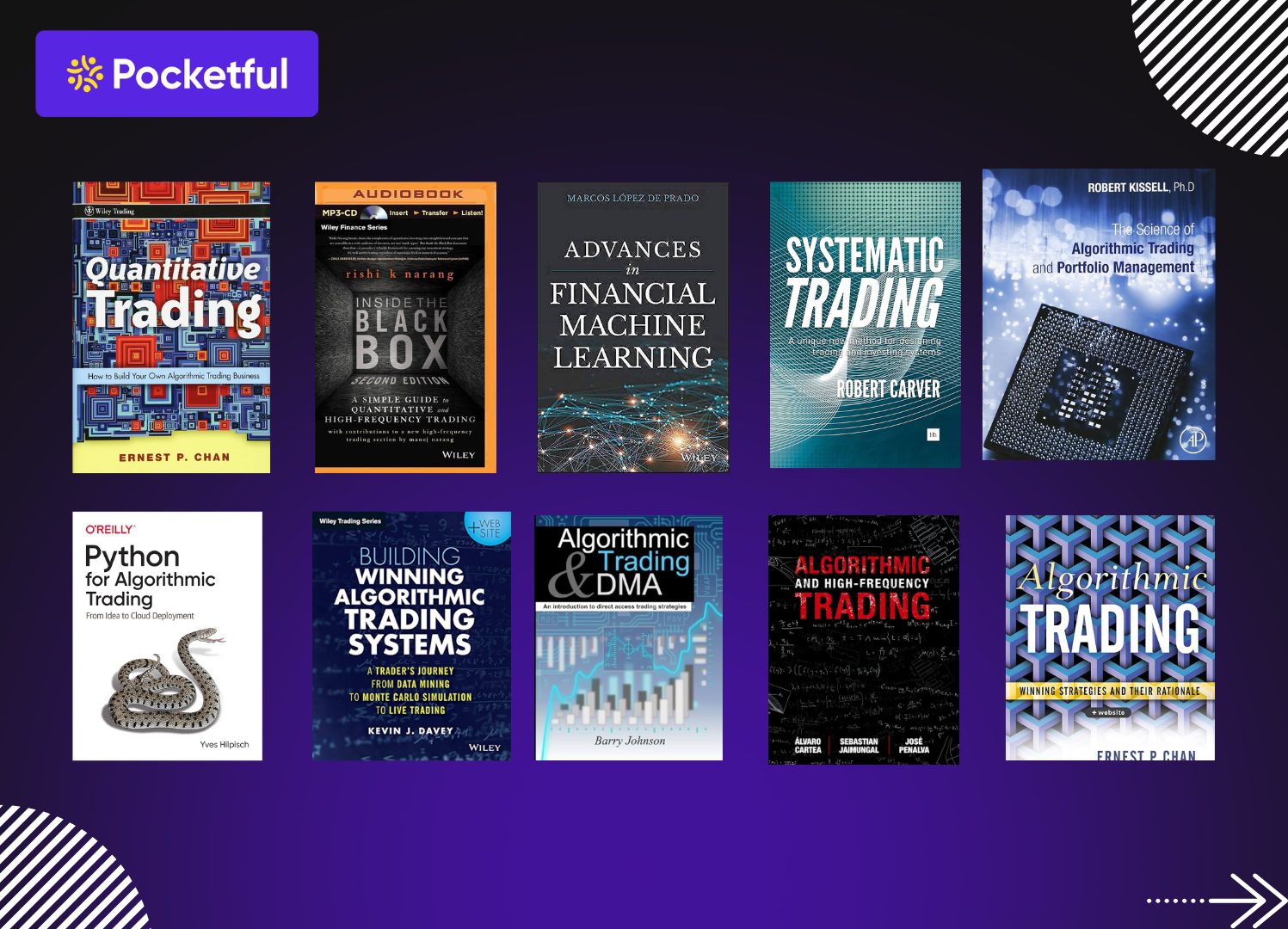In today’s fast-paced markets, algorithmic trading is more popular than ever and so is the demand for the right books to master it. Gone are the days when trading relied solely on human decisions; now, intelligent computer programs execute trades in milliseconds. If you’re eager to dive into the world of quantitative trading, starting with the right resources is key.
In this blog, we are sharing a list of selected and latest best algorithmic trading books, which will help you in building a strong foundation in this field.
Top 10 Best Algorithmic Trading Books
| Book Title | Author | Goodreads Rating | Key Highlights |
|---|---|---|---|
| Algorithmic Trading: Winning Strategies and Their Rationale | Ernest P. Chan | 3.85/5 | Includes practical Python strategies with backtesting |
| Quantitative Trading: How to Build Your Own Algorithmic Trading Business | Ernest P. Chan | 3.75/5 | Focuses on business mindset and systematic execution |
| Advances in Financial Machine Learning | Marcos López de Prado | 4.13/5 | Covers machine learning, financial data science, and ML validation |
| Building Winning Algorithmic Trading Systems | Kevin J. Davey | 3.85/5 | Includes Monte Carlo simulations and live trading insights |
| Inside the Black Box: The Simple Truth About Quantitative Trading | Rishi K. Narang | 3.73/5 | Explains how quantitative systems work without complicated mathematical formulas |
| The Science of Algorithmic Trading and Portfolio Management | Robert Kissell | 3.91/5 | Focuses on statistics, market impact, and portfolio optimization |
| Python for Algorithmic Trading: From Idea to Cloud Deployment | Yves Hilpisch | 3.88/5 | End-to-end trading system in Python, cloud-ready solutions |
| Algorithmic Trading and DMA | Barry Johnson | 3.87/5 | Deep explanation of direct market access and execution |
| Systematic Trading | Robert Carver | 4.26/5 | A unique approach to designing repeatable and scalable strategies |
| Algorithmic and High-Frequency Trading | Álvaro Cartea, Sebastian Jaimungal, José Penalva | 3.93/5 | Covers HFT architecture, market microstructure, and risk control |
Brief Overview of the Best Algorithmic Trading Books
A brief overview of the 10 best algorithmic trading books is given below:
1. Algorithmic Trading: Winning Strategies and Their Rationale
This book by Ernest P. Chan is a solid foundation for beginners and intermediate traders. It explains trading strategies like mean reversion and momentum in detail, including reasons behind why they work, what the potential risks are, and how to backtest them. MATLAB and Python code examples are available, making it easy to implement these strategies in the real world. Chan specifically adopts a simple, rational approach that avoids problems such as over-fitting. There are constructive practical tips on topics such as risk management, stop-loss, etc. The book helps in understanding and applying research-based cardinal strategies, while also taking into account the needs of institutional and retail traders.
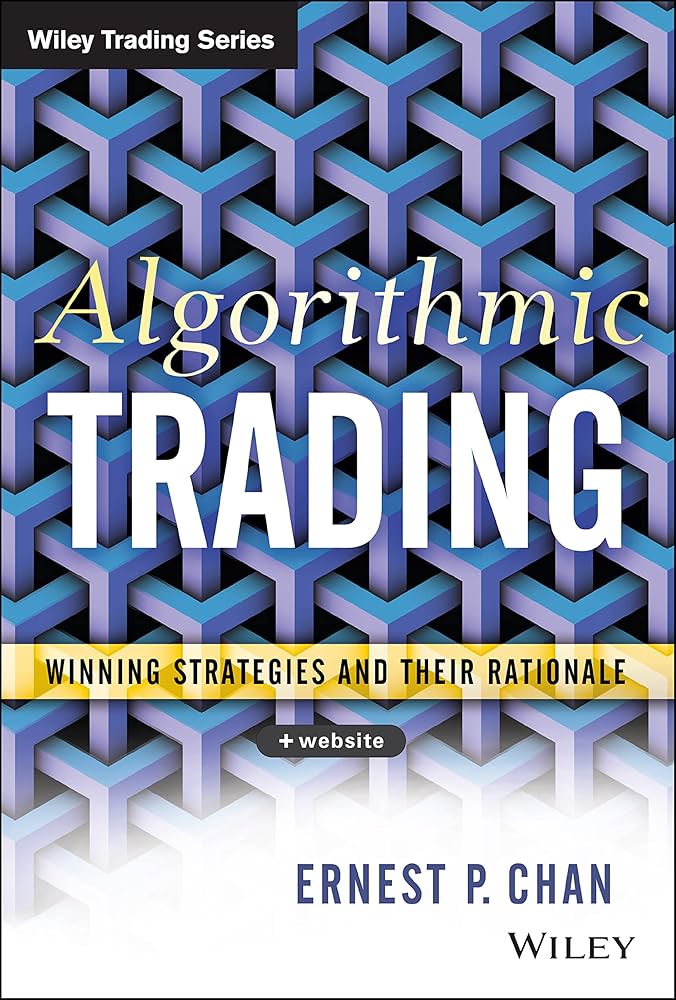
2. Quantitative Trading: How to Build Your Own Algorithmic Trading Business
This latest second edition (2021) by Ernest P. Chan covers not just strategies, but how to turn algorithms into a business. It covers key topics like slippage, real-time order execution, risk management, and portfolio design in simple language. Chan offers practical advice based on his own trading experiences on how to put a strategy into practice and build a trading system. The book focuses on key strategies like mean reversion, momentum, statistical arbitrage, along with the trading mindset, cost structure, and performance enhancement. It is ideal for mid-level traders who want to develop their own algo trading system.
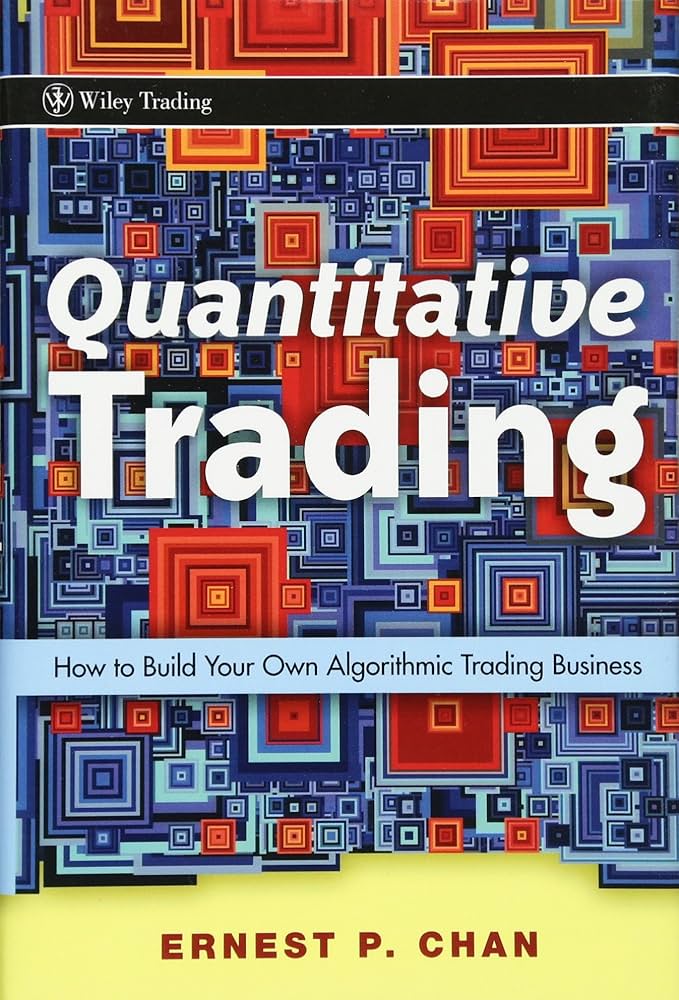
3. Advances in Financial Machine Learning
This book by Marcos López de Prado delves deep into financial machine learning. It explains techniques like purged cross-validation, meta-labeling, and Hierarchical Risk Parity (HRP) that avoid common overfitting and produce reliable results.
The author explains that traditional data validation does not capture the reality of financial data hence the need for specially tailored ML techniques. Feature engineering such as fractional differentiation, noise reduction, and alpha generation are included. The book takes a practical approach, not just a technical one, including discussions on super‑computing, backtesting, and trading pipeline construction. It is extremely useful for quants and data scientists.
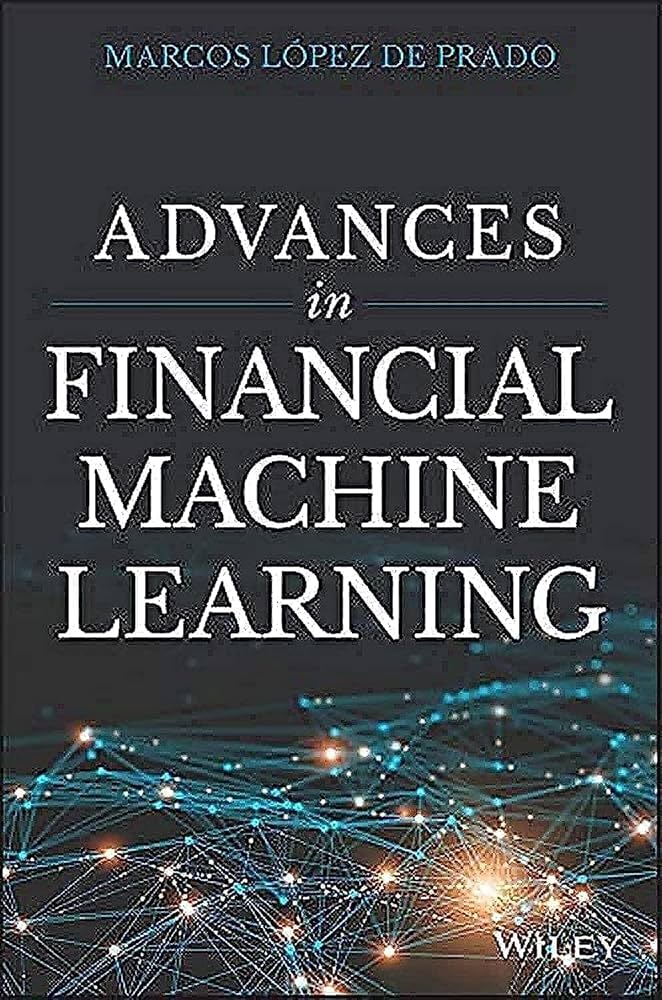
4. Building Winning Algorithmic Trading Systems
In this book, Kevin J. Davey shares his experience as a trading competition winner, offering a step-by-step guide to building a successful trading strategy, which includes goal setting, entry–exit rules, walk-forward testing, Monte Carlo simulation, and position sizing. Davey focuses on practicality as he explains why some trading strategies work through invaluable templates and case studies. The book teaches readers how to build a systematic trading platform and apply it regularly in live trading. It is ideal for retail traders who want to learn from competition-based models and build their own accurate algorithmic systems.
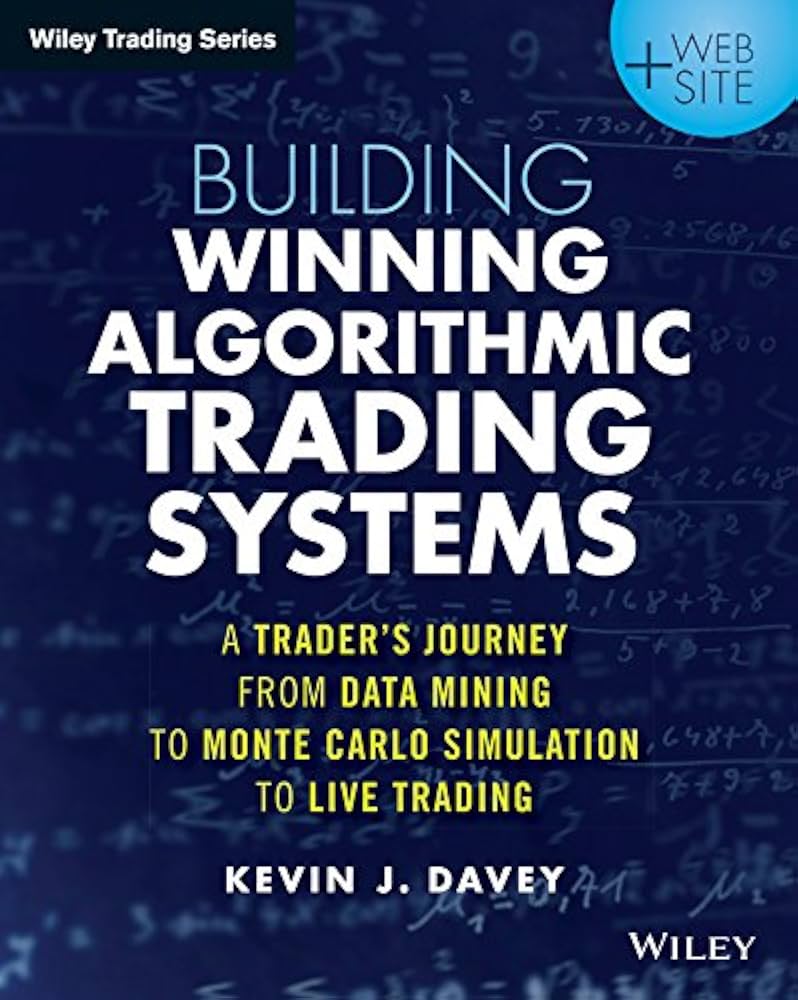
5. Inside the Black Box: The Simple Truth About Quantitative Trading
This book by Rishi K. Narang explains the workings of quant systems in simple terms; the emphasis is on systems thinking, data processing, model initiation, and risk control, not mathematical models. This book provides an institutional strategic perspective, rather than technical details: how large quant organizations infer from data, create signal pipelines, and make decisions. Readers are helped to understand how teams, data quality, and backtesting structures are important to sustain strategies. This book is perfect for those who want to learn the mindset and structure of quantitative trading, rather than just coding or theory.
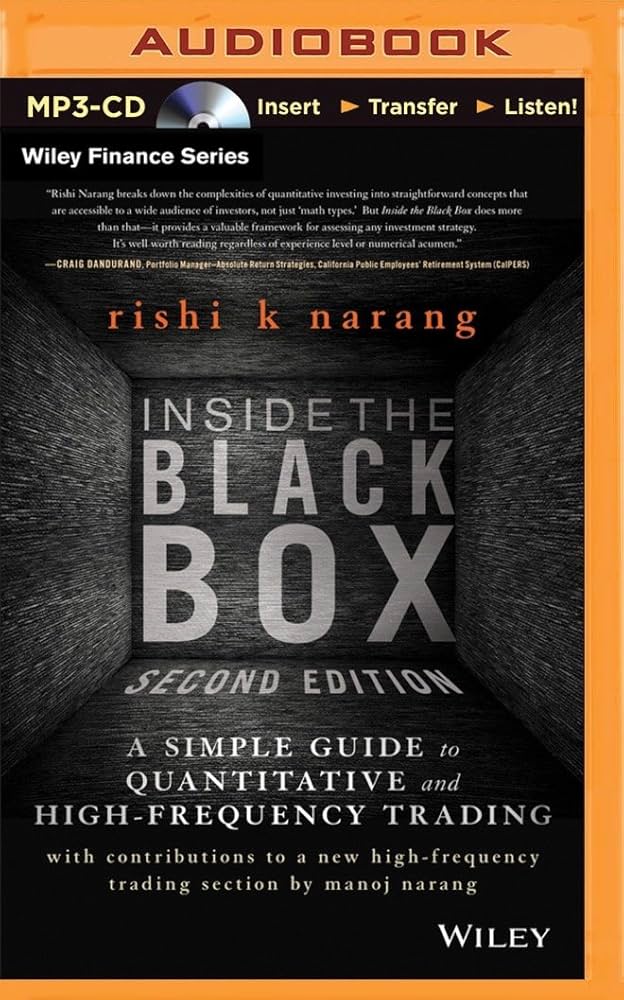
6. The Science of Algorithmic Trading and Portfolio Management
This book by Robert Kissell is written from a more institutional perspective and covers high-stakes investment strategies: market impact, execution algorithms, portfolio optimization, statistical analysis, etc. The emphasis of the book is on systematic execution, such as optimal trading trajectories, market impact modeling, and statistical trading costs, as well as portfolio risk-adjusted returns.
It is academically robust but provides practical answers helping traders design market microstructure, order slicing, algorithmic execution. It is a great guide for advanced traders and institutional quant teams.
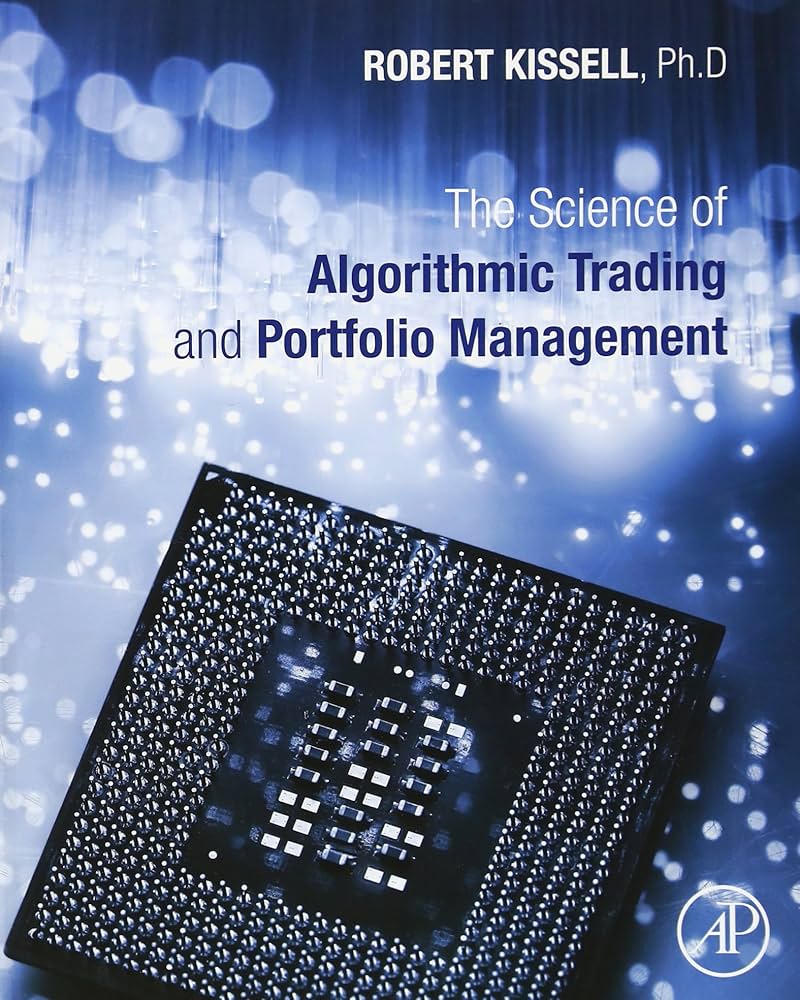
7. Python for Algorithmic Trading: From Idea to Cloud Deployment
This book by Yves Hilpisch is especially geared towards Python-lovers. It covers steps such as data fetching, backtesting (pandas, NumPy), ML integration, execution platforms (e.g. OANDA, FXCM), and deployment to the cloud.
The book is packed with practical examples, Socket programming, API integration, and real trading system building processes. The focus is on the ‘idea to production’ pipeline that takes a strategy idea to a working cloud-deployed system. This book is especially valuable for developers and DIY traders who want to build a complete trading infrastructure using their Python skills.
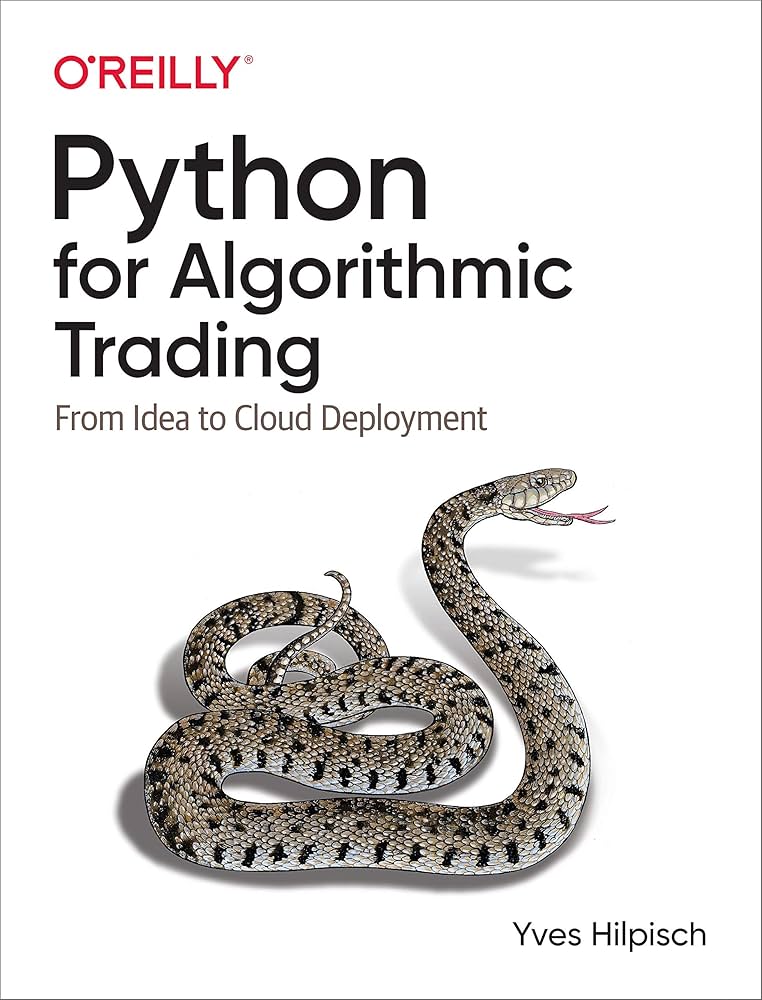
8. Algorithmic Trading and DMA
This book by Barry Johnson gives a technical understanding of Direct Market Access (DMA), explaining how traders connect directly to the market, what order book dynamics are, how slippage and spreads affect execution. This book is extremely useful for mid-level traders who want to take their algorithmic strategies straight to the exchange execution level. It describes practical aspects of the CLOB system, order types, liquidity, latency, and DMA infrastructure. This guide offers a clear and technical approach, especially for those interested in HFT and wanting to understand market microstructure.
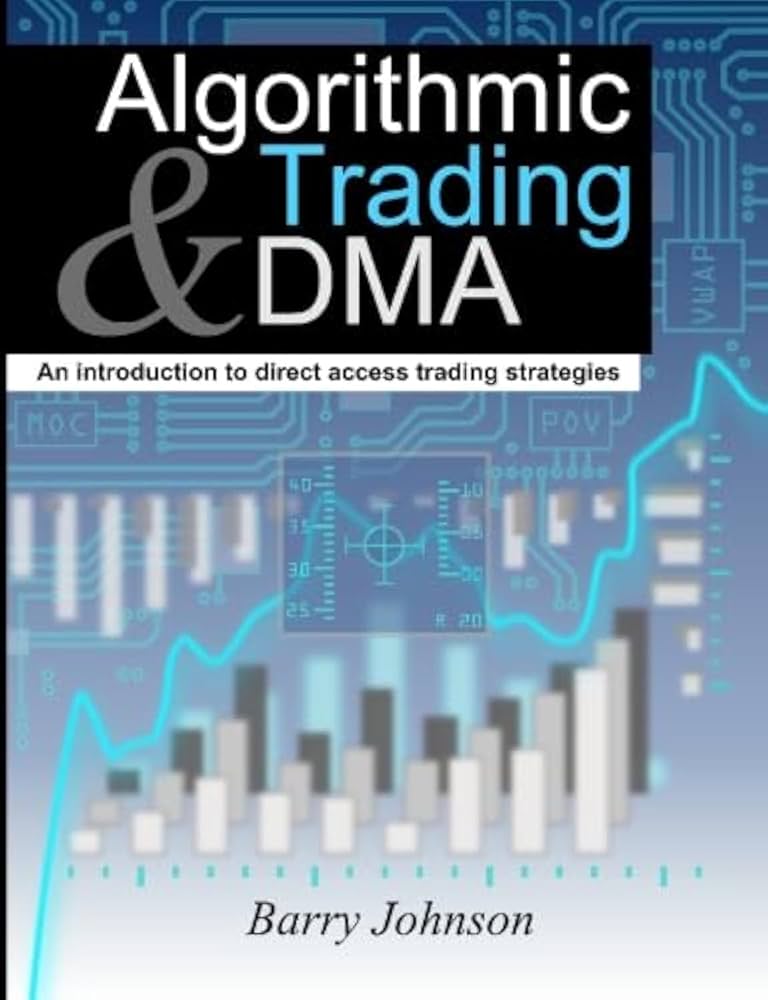
9. Systematic Trading: A Unique New Method for Designing Trading and Investing Systems
This book by Robert Carver focuses on creating consistent, rule-based trading systems. It takes a modular approach with signals, portfolio diversification, position sizing (Kelly criterion), and psychological discipline. It offers greater reliability than discretionary trading because decisions are based on predefined rules. Techniques such as walk‑forward validation and risk budgeting are included.
The aim of the book is to create a repeatable trading system incorporating both simple rules and mental discipline that is proven and successful over the long term.
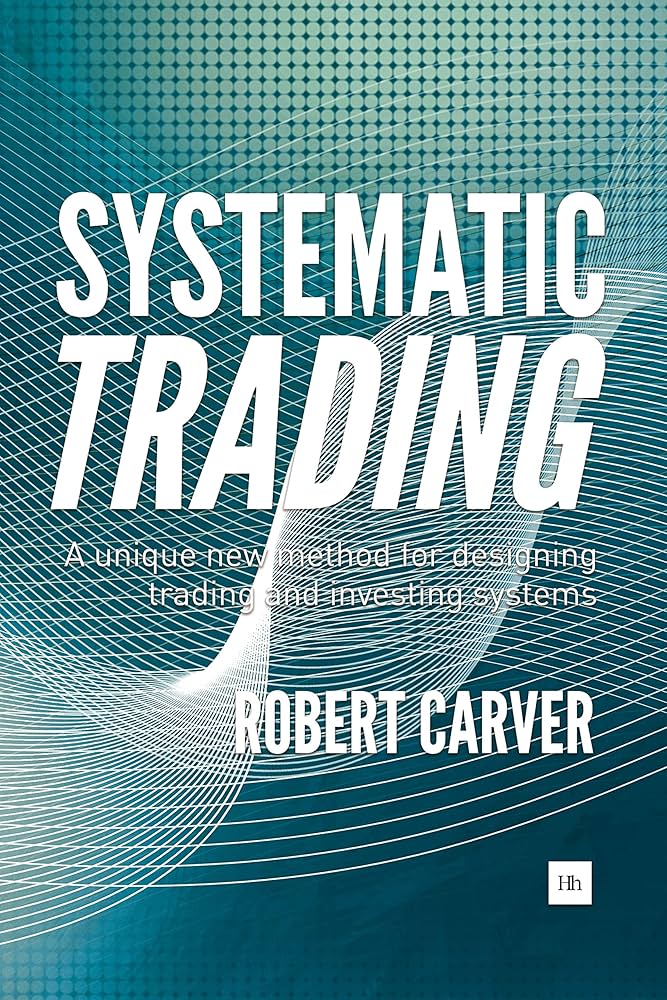
10. Algorithmic and High‑Frequency Trading
This book by Álvaro Cartea and co‑authors provides a comprehensive understanding of HFT and market microstructure. This includes algorithmic speed, latency reduction, colocation strategies, order book dynamics, liquidity modelling, and risk control systems. This book is especially valuable for those who want to delve into HFT: how algorithms make decisions in fractions of a second, why slippage and impact modelling are important, and how execution algorithms evolve. It combines technical‑and‑practical approaches to help advanced quant traders and institutional developers create cutting-edge HFT infrastructure.
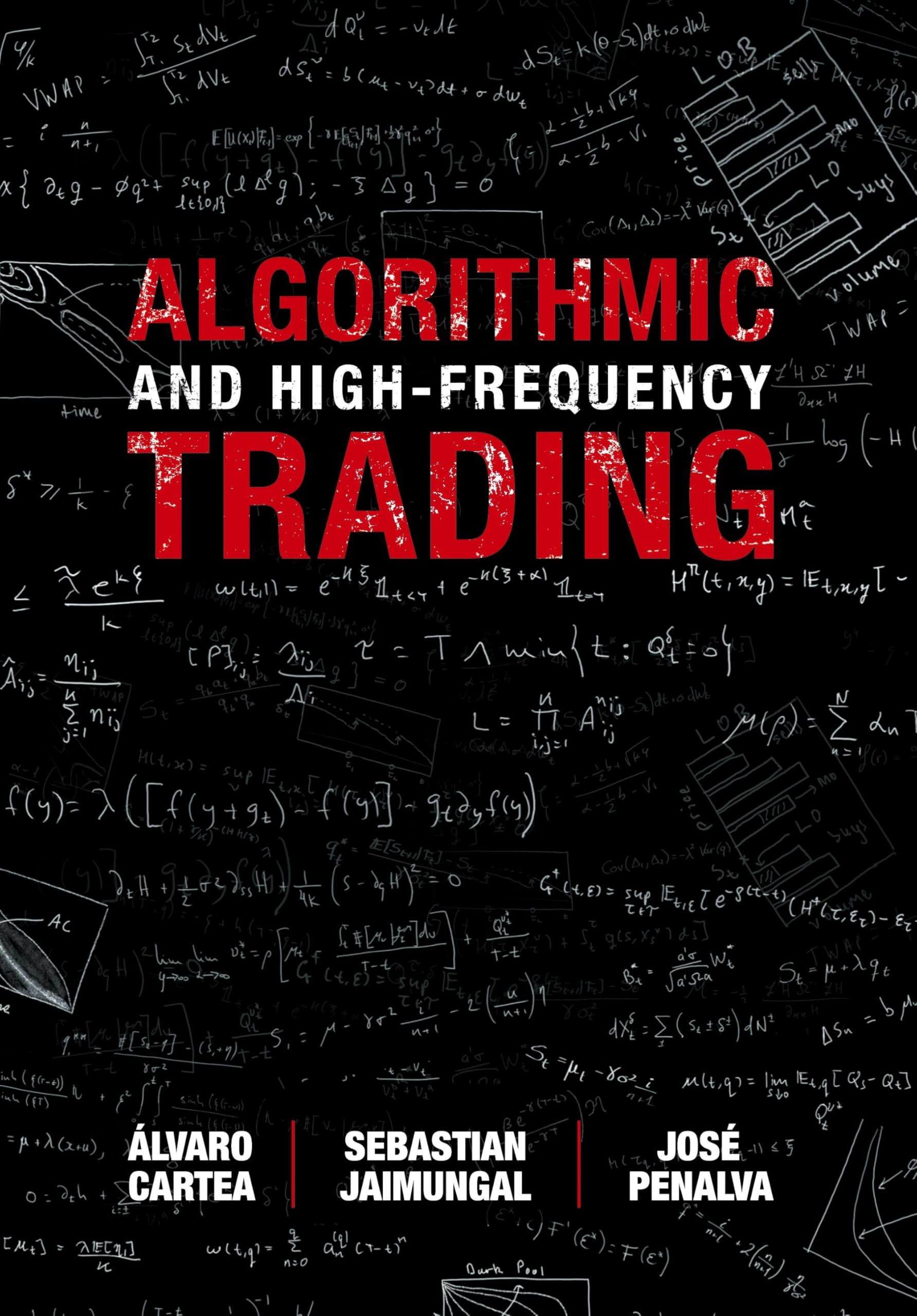
Read Also: What is Algo Trading?
How to Choose the Right Algo Trading Book?
The right book can fast-track your learning but only if it matches your goals, skill level, and interests. Here’s what to consider before you dive in.
- Understand your needs first : Everyone has a different interest in trading, some just want to understand the basics, while others want to create their own trading strategies. So before choosing a book, be clear about your goal: learning coding, understanding theory, or creating a strategy.
- Pay attention to the language and style of the book : Some algorithmic trading books are very technical, which can be a bit difficult for beginners. If you are a complete beginner, choose books that explain concepts in simple language.
- Does the book contain real-world examples : A good quantitative trading book explains not just theory, but what happens in real trading through practical examples, case studies, and market data. This makes learning even more effective.
- Is there a coding-based approach or not : If you want to automate trading by learning a language like Python, R, or C++, then the book must have coding practice. Such books will help you create real-world algo systems.
- Choose a book according to your goal : If you are interested in data science and risk analysis, then choose a book that teaches you data interpretation, backtesting and modeling. On the other hand, if your focus is on trading strategies, then a theory and example based book will be more useful.
Read Also: Best Trading Apps in India
Conclusion
Choosing the right book is very important for a successful start in fields like algorithmic trading and quantitative trading. The books mentioned above not only help explain the theory but also provide real world applications and coding practice. Some books are written in easy-to-understand language for beginners, while others cover advanced concepts in detail. Every trader has different needs, so while choosing a book, one should keep in mind his expertise level and goals. A good book can show the right direction and give you the confidence to navigate the financial markets effectively.
Frequently Asked Questions (FAQs)
Which is the best book to start learning algorithmic trading?
For starters, “Algorithmic Trading” by Ernest P. Chan is a great book that explains practical strategies in easy language.
Are these algo trading books suitable for beginners?
Yes, some books like “Python for Algorithmic Trading: From Idea to Cloud Deployment” and “Algorithmic Trading: Winning Strategies and Their Rationale” are suitable for beginners.
Do I need programming knowledge to understand these books?
Some books may require basic Python or R understanding, but many books are also suitable for those without a coding background.
Are these books helpful for Indian stock market traders?
Yes, most of the concepts are globally applicable and can be used in the Indian market as well.
Can I build trading strategies using these books?
Absolutely, these books teach you the whole process of building, testing and optimizing a strategy.
